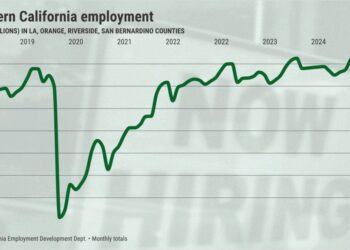The investing information provided on this page is for educational purposes only. NerdWallet, Inc. does not offer advisory or brokerage services, nor does it recommend or advise investors to buy or sell particular stocks, securities or other investments.
Only about 1 in 8 adults know when they’ll be eligible for full retirement benefits through Social Security, according to the Nationwide Retirement Institute 2023 Social Security Survey. And compared to 2014, fewer people age 50 and up now know whether they may be eligible for Social Security benefits based on an ex-spouse’s record (they may) or if Social Security may offer benefits for their spouse or children (also yes).
For a program that’s been around for nearly 90 years, there’s still a lot of confusion about how it works. Here are some of the Social Security topics financial pros find are often misunderstood.
Working might mean a smaller Social Security check
If you claim Social Security before you hit full retirement age (66 to 67, depending on when you were born) and you’re still earning income, you’ll lose some of your Social Security benefits if your earnings go over a certain threshold.
The threshold isn’t terribly high: If you’re not full retirement age in 2024, you’ll lose $1 in Social Security benefits for every $2 you earn above $22,320. If you will reach full retirement age this year, you’ll lose $1 in benefits for every $3 you earn above $59,520, until the month you turn full retirement age. From that month forward, you’re in the clear.
“It’s just important to be informed that this penalty exists,” says David Haas, a certified financial planner in Franklin Lakes, New Jersey. “And you’re supposed to report it, which nobody ever does.” The net result of this quirk is that you might get a bill from Social Security for the income it wants back — but not for a few years.
“They bill you for it and tell you they’re willing to take it out of future…
Read the full article here







